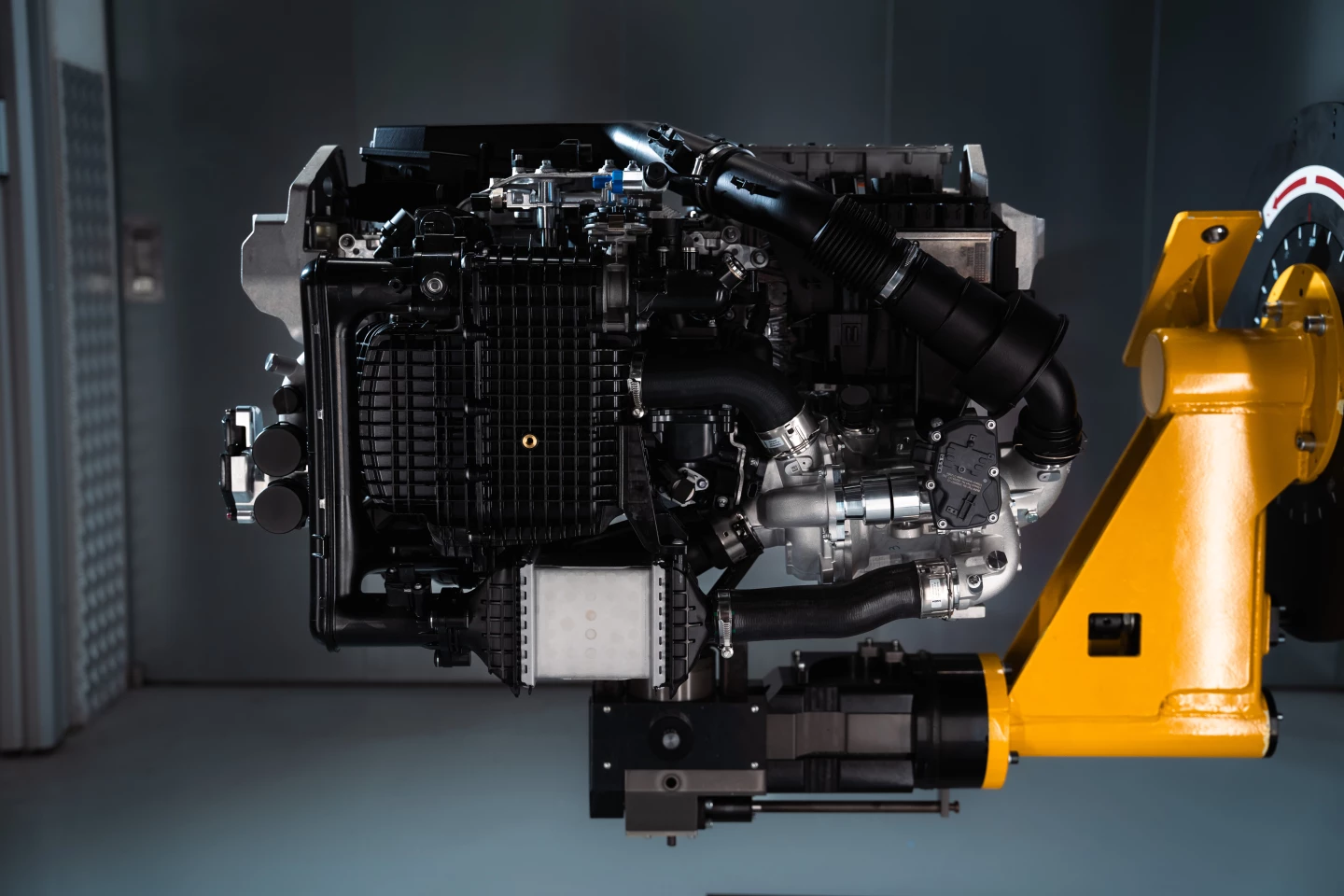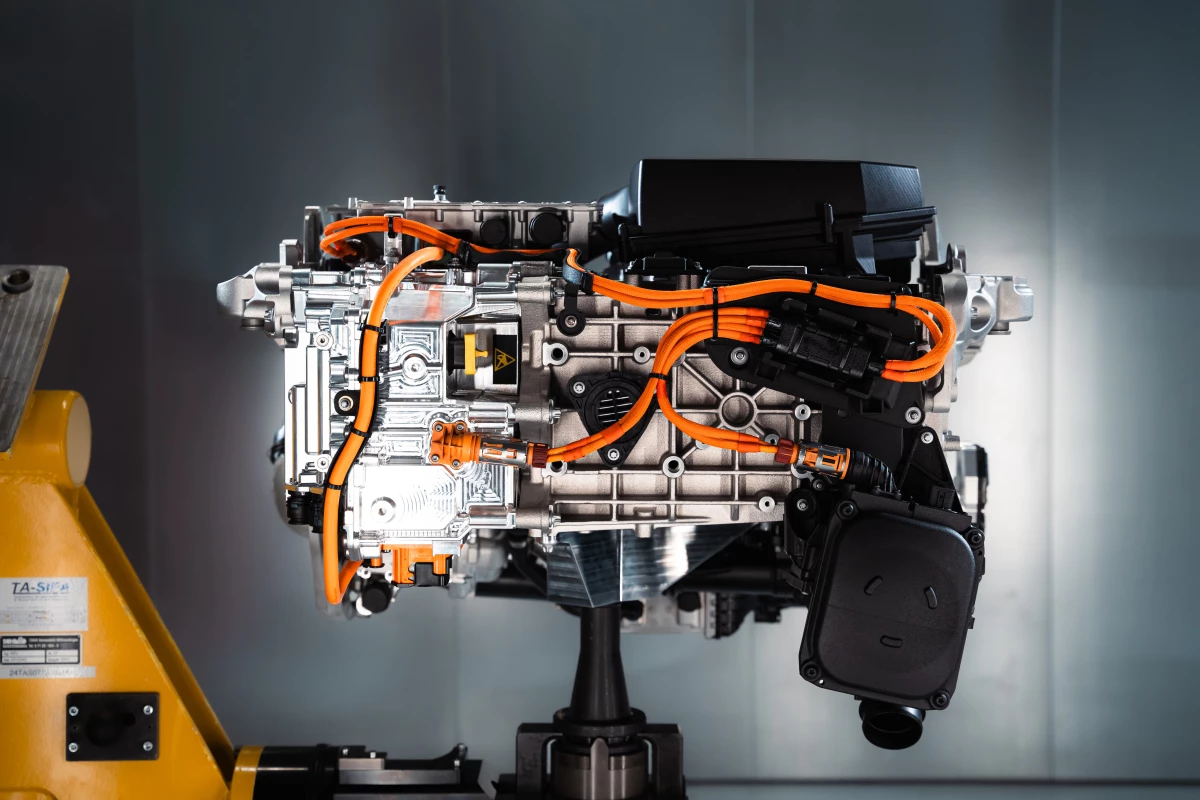BMW’s Plant Steyr is preparing for series production of fuel cell systems, with prototypes of a third-generation hydrogen fuel cell (HFC) system now in testing. Full-scale production is planned for 2028.
Components for the third-generation HFC will be manufactured at BMW Group facilities in Steyr, Landshut, and Munich. The fuel cells themselves are supplied by Toyota, extending a long-standing collaboration between the two companies. While Toyota designed the first-generation system entirely, the second generation was a joint effort. The new third-generation system is developed entirely by BMW, apart from the fuel cells themselves.
The two companies will be working together on commercial and passenger vehicle fuel cell propulsion units. This allows brand-specific vehicles to be designed for the HFC system while reducing costs in development and procurement for the system.
This third-generation hydrogen fuel cell system is 25% smaller than its predecessor and has been designed to fit in the space normally occupied by a combustion engine. This allows easy integration into existing or new-generation architectures without many changes to accommodate the HFC and surrounding systems. The third-gen system also features an improved operating strategy and newly developed drive technology to increase efficiency.
Testing of noise, vibration, and harshness (NVH) levels and output are being undertaken to compare against other propulsion options. Other output comparisons will be done before production as well.

The prototypes being produced in Munich use a compact layout that includes the hydrogen and air delivery systems, cooling system, electrical delivery components, and water extraction from the hydrogen-oxygen result as one complete set. The prototypes are being used as final proof of concept and safety and will inform tooling and production requirements at Steyr ahead of series production.
Meanwhile, BMW’s Landshut facility, which currently builds the iX5 Hydrogen pilot fleet, will continue manufacturing housings and pressure plates for the next generation of hydrogen fuel cell vehicles.
Source: BMW Group









